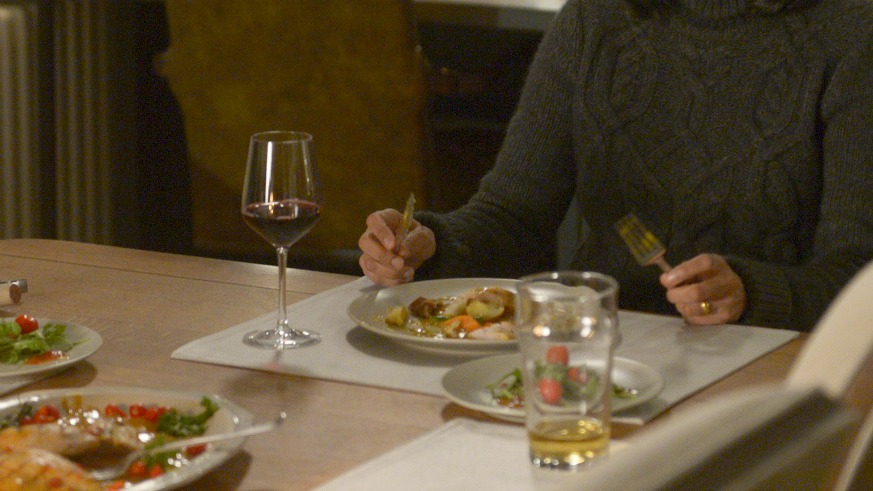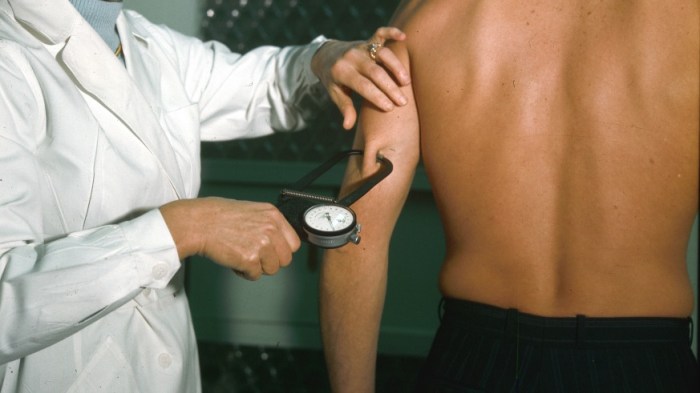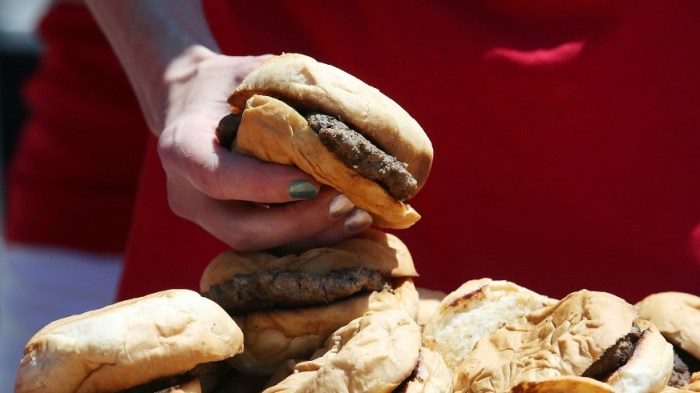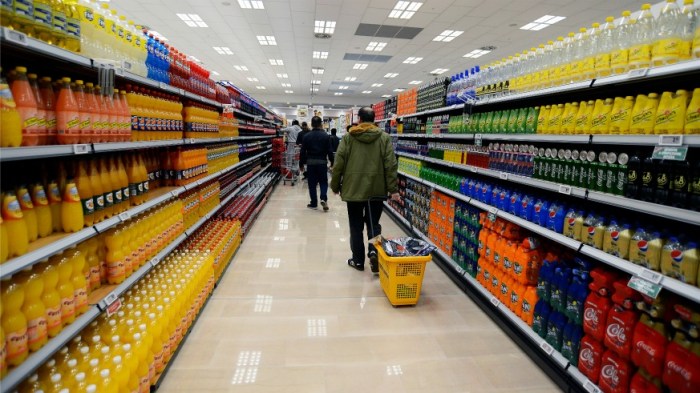Hold on if you’re planning to celebrate your retirement with a few trips around the buffet: A new study found that our metabolism directly impacts how fast we age.
For the study, researchers with the Center for Epigenetics & Metabolism at the University of California, Irvine, took liver tissue samples from a group of mice at six months of age and then again at 18 months. The results? The metabolic systems in the older mice — controlled by the circadian rhythm — processed energy less efficiency than the younger mice.
Circadian rhythms control the way energy is metabolized in cells. “This mechanism works great in a young animal, but it basically shuts off in an old mouse,” said study author Paolo Sassone-Corsi.
Simply put: as we get older, our circadian rhythms change how our metabolisms function and that affects how fast our bodies age.
The good news? Eating a lower calorie diet seems to reverse those changes. Sassone-Corsi and his team did the same tests on a second set of mice fed 30 percent fewer calories for six months and found that energy didn’t decline with time.
“In fact, caloric restriction works by rejuvenating the biological clock in a most powerful way,” Sassone-Corsi said. “In this context, a good clock meant good aging.”
A similar study conducted by researchers at the Barcelona Institute for Research in Biomedicine had similar results.
“The low-calorie diet greatly contributes to preventing the effects of physiological aging,” said study co-author Salvador Aznar Benitah. “Eating less appears to prevent tissue aging and, therefore, prevent stem cells from reprogramming their circadian activities.”
These results are sort of depressing — you’ve worked hard your whole life, so why not enjoy a few extra desserts here and there? However, slashing your calories may not be as difficult since older people, in general, require fewer calories a day anyway.
Of course, more research is needed to see if there’s truly a link to the fountain of youth in a lower calories diet. In the meantime, just stay aware of how many calories you’re eating — and make sure you get enough protein.

























